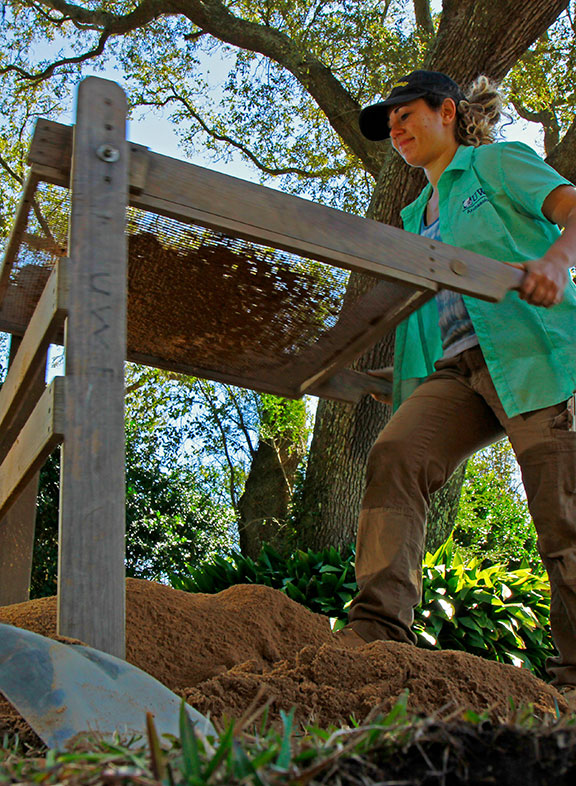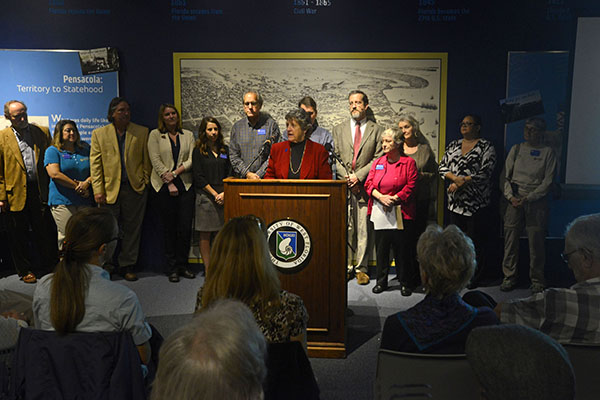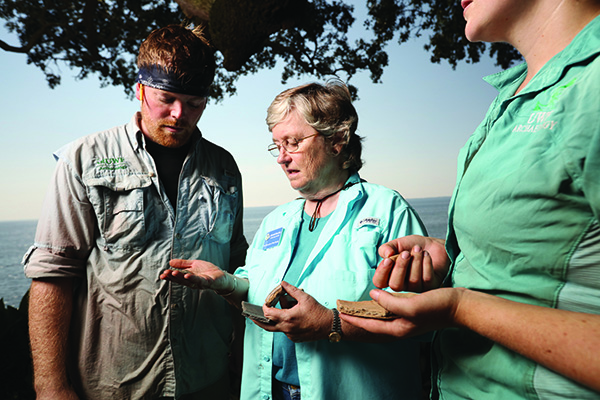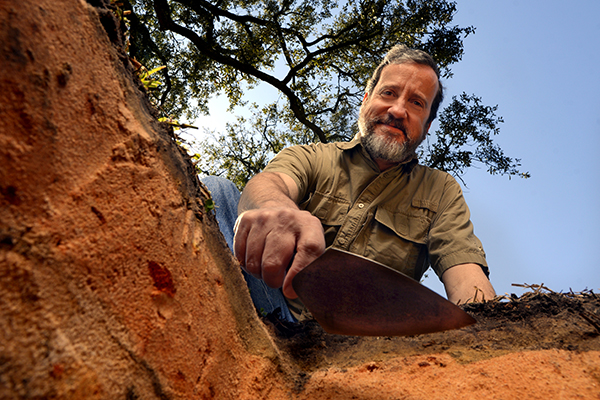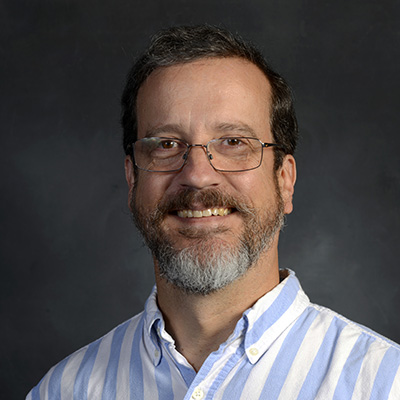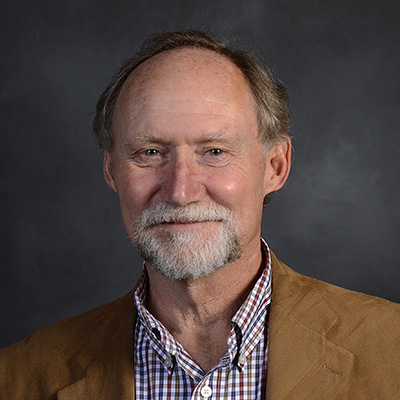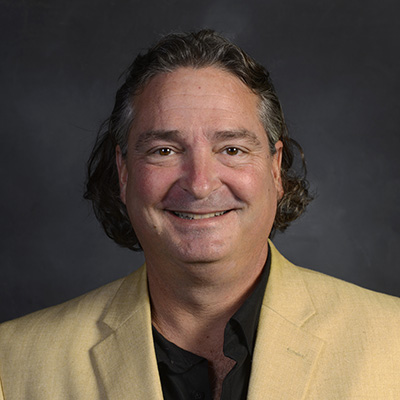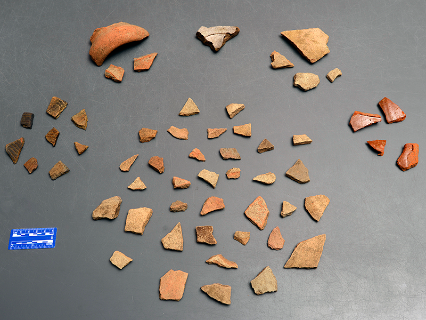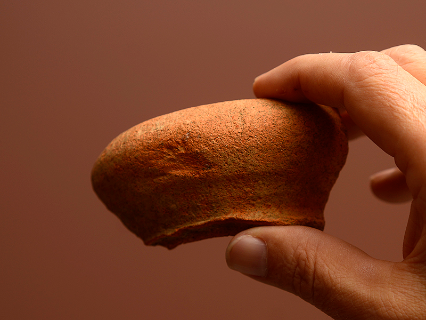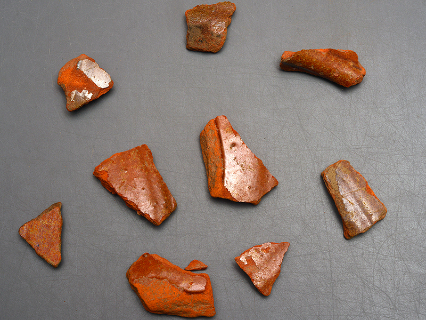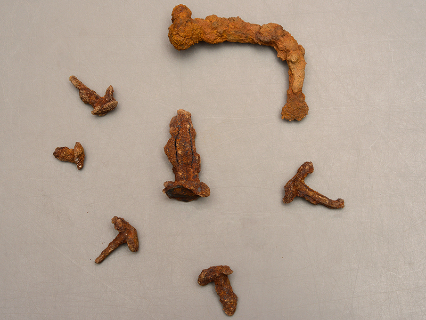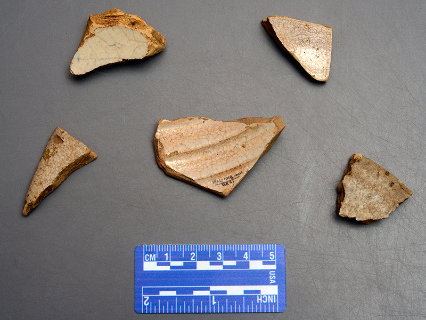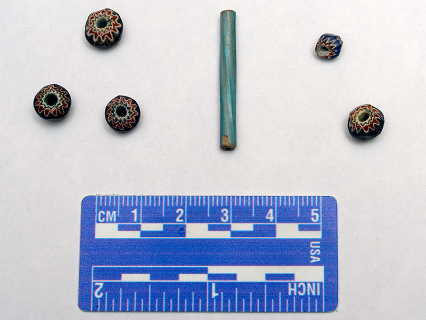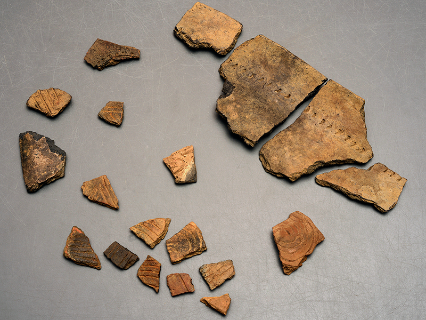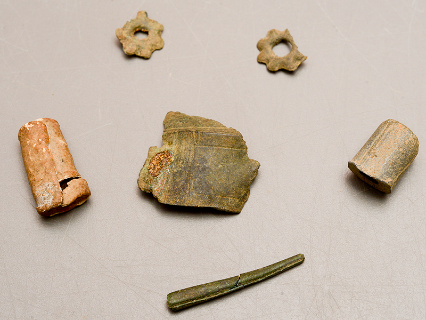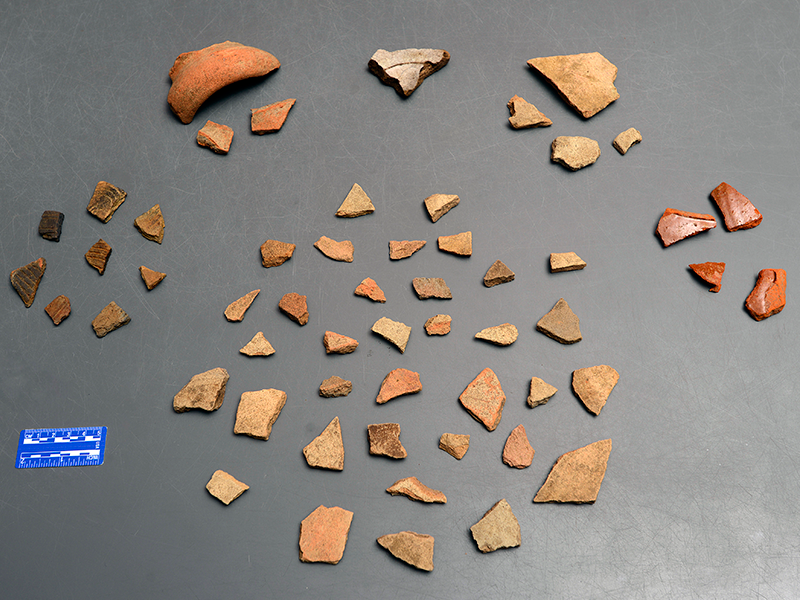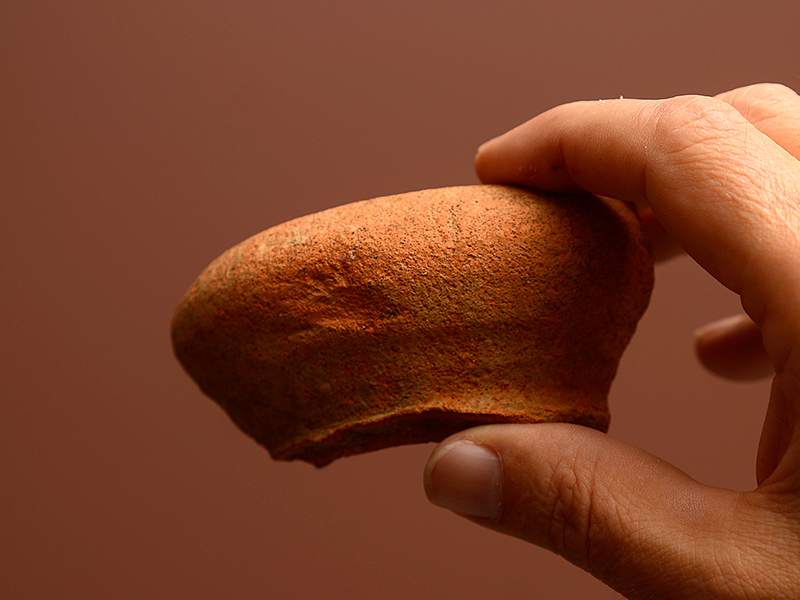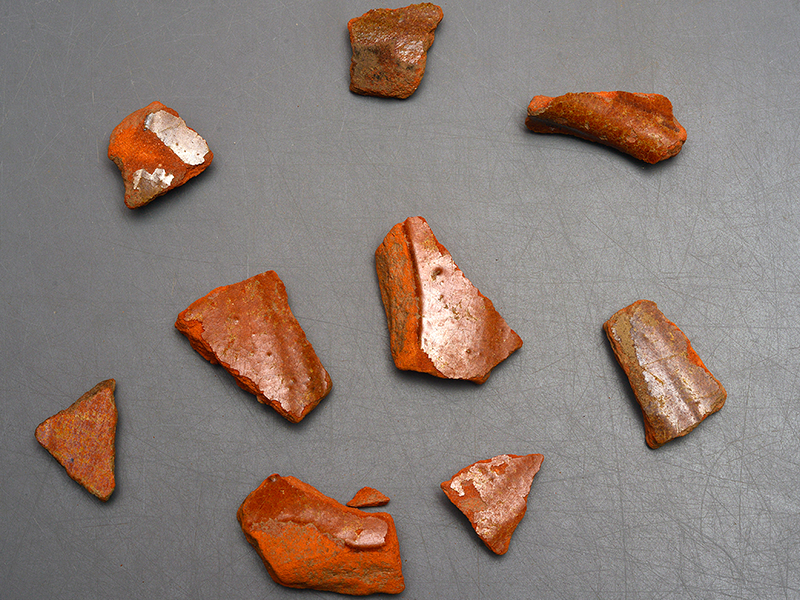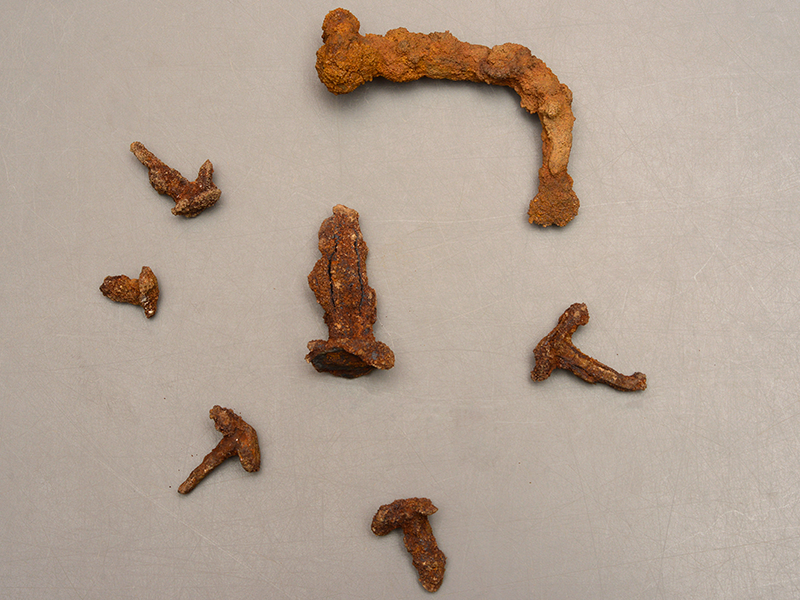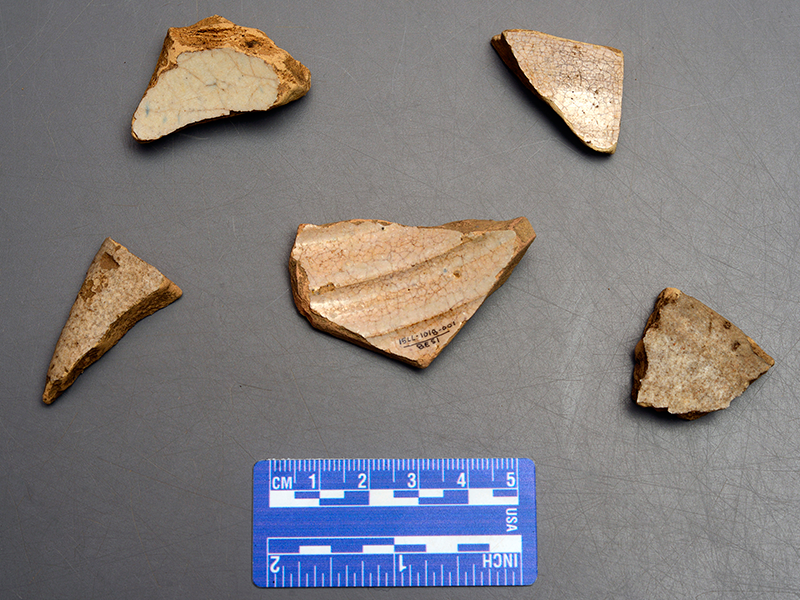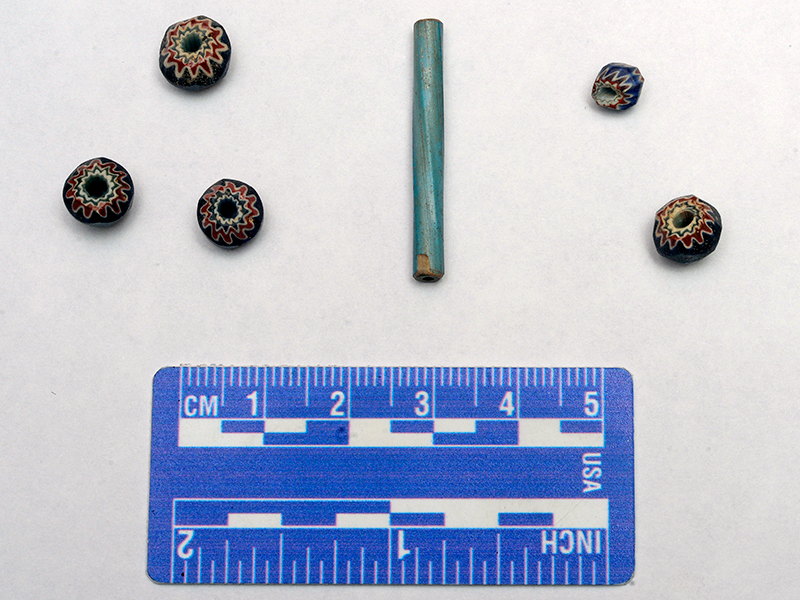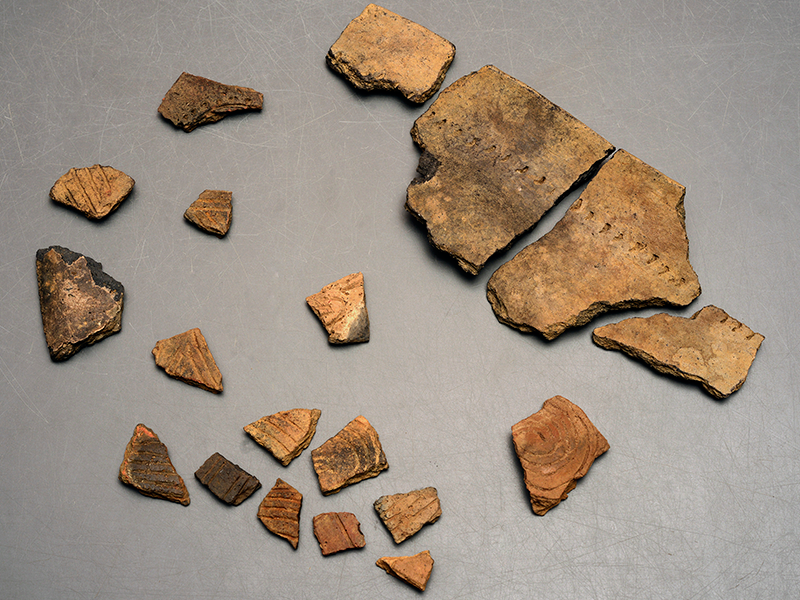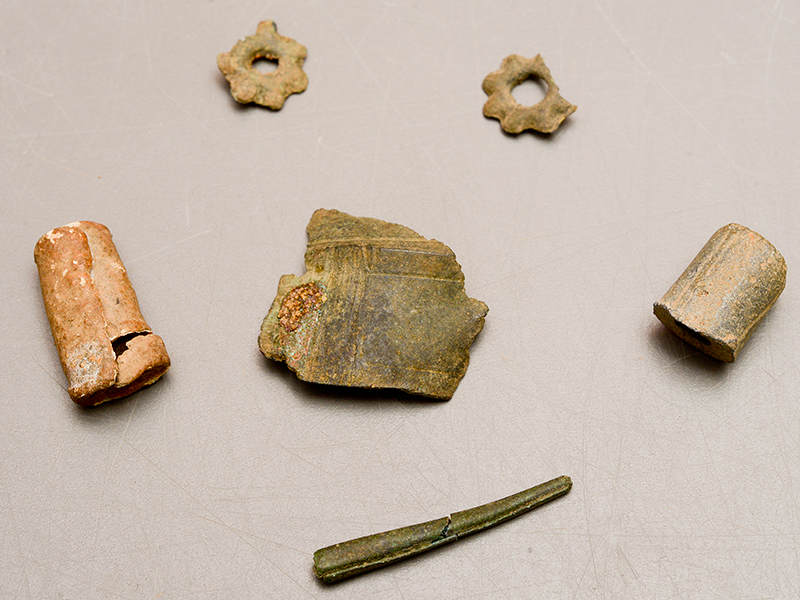Luna Settlement
Site of first multi-year European settlement in the U.S. identified by University of West Florida archaeology program.
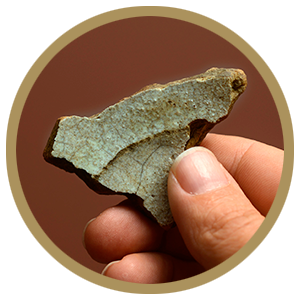
The University of West Florida archaeology program recently identified the archaeological site of the Luna settlement – the first multi-year European settlement in the United States – in a developed neighborhood in Pensacola. The artifacts discovered are evidence of the Spanish settlement by Tristán de Luna y Arellano from 1559 to 1561, the earliest multi-year European colonial settlement ever archaeologically identified in the United States.
UWF archaeologists recovered numerous sherds of broken 16th century Spanish ceramics found undisturbed beneath the ground surface. The artifacts were linked to the Spanish expedition led by Luna, who brought 1,500 soldiers, colonists, slaves and Aztec Indians in 11 ships from Veracruz, Mexico, to Pensacola to begin the Spanish colonization of the northern Gulf Coast in 1559. The Luna settlement inhabited Pensacola from 1559 to 1561, which predates the Spanish settlement in St. Augustine, Florida, by six years, and the English settlement in Jamestown, Virginia, by 48 years.
Luna Settlement Team
Featured Artifacts
European Colonization in the United States
Abbreviated Chronology of European Colonization in the Southeastern U.S.
- 1492: Christopher Columbus
- 1513: Juan Ponce de León
- 1521: Juan Ponce de León
- 1526: Lúcas Vázquez de Ayllón (San Miguel de Gualdape)
- 1528: Pánfilo de Narváez
- 1539-1543: Hernando de Soto
- 1549: Luís Cancer
- 1559-1561: The Tristán de Luna y Arellano expedition establishes a colonial settlement at Pensacola Bay, originally in an effort to push inland to Coosa and finally to Santa Elena on the South Carolina Coast. The destruction of the fleet by a hurricane dooms the expedition, which finally withdraws two years later.
- 1562-1565: Jean Ribault (Charlesfort)/René de Laudonnière (Fort Caroline)
- 1565: Pedro Menéndez de Avilés (St. Augustine)
- 1585-1587: Walter Raleigh (Roanoke)
- 1607: Virginia Company (Jamestown)
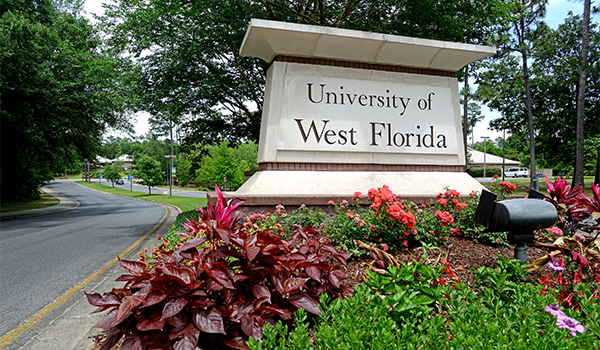
About UWF
Founded in 1963, the University of West Florida is a vibrant, distinctive institute of higher learning with undergraduate, graduate and targeted research programs.
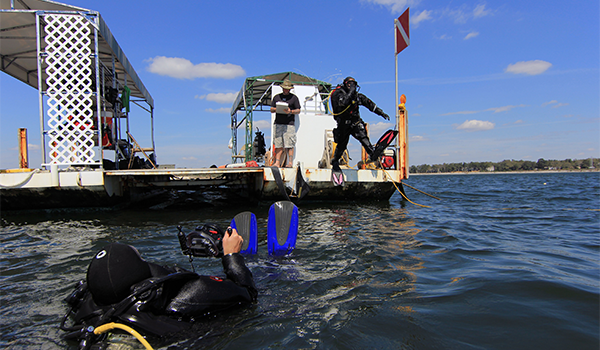
About UWF Anthropology and Archaeology
The Division of Anthropology and Archaeology includes the disciplines of anthropology, archaeology, and sociology. The Division consists of four integrated units:



